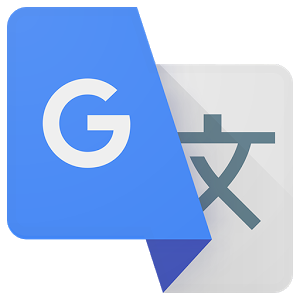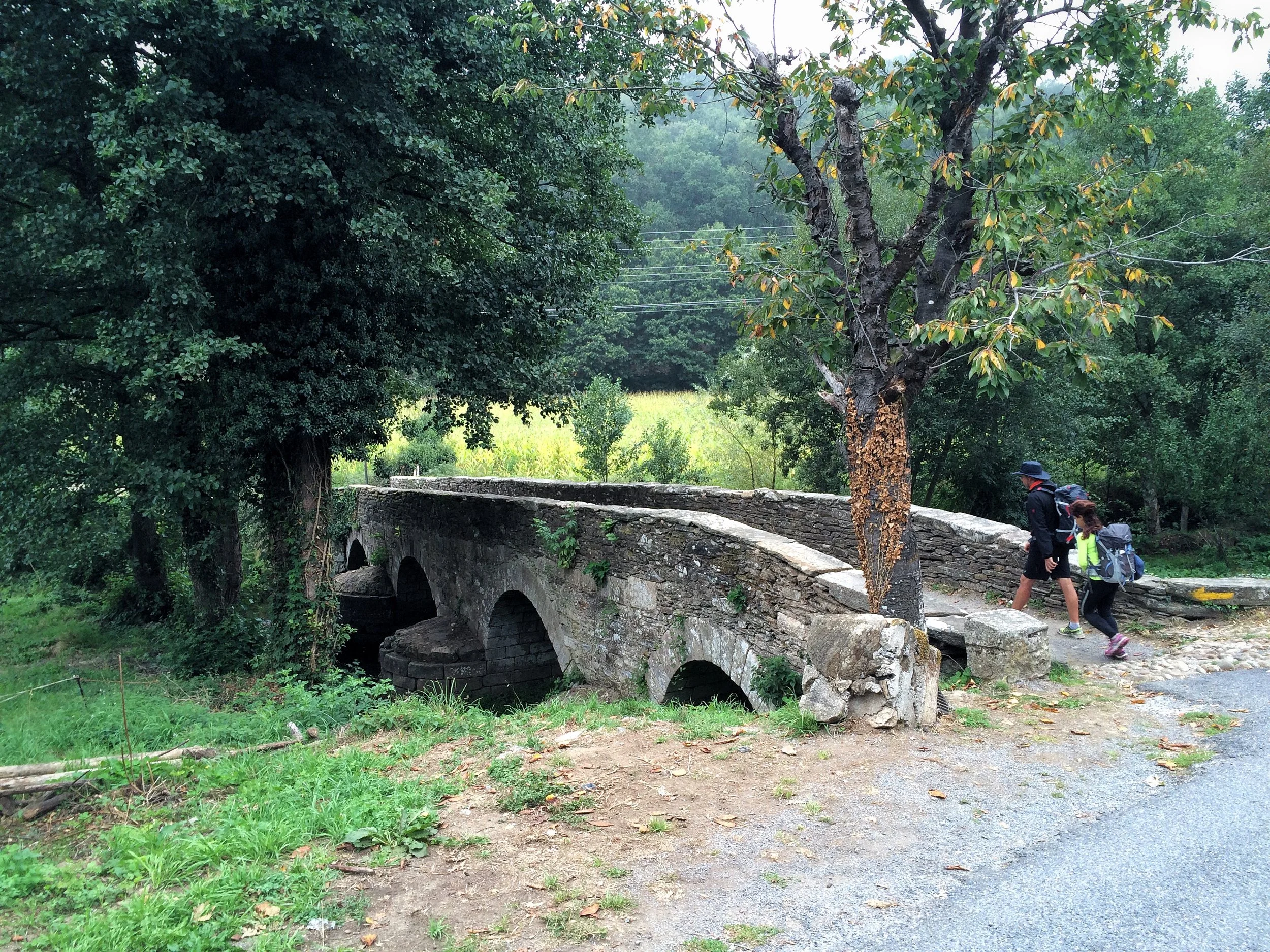Do I need to know spanish for the Camino de Santiago?
There are a few important things to know on the Camino de Santiago and about the country and regions you will travel through. If you are taking the Camino frances (depending on how far out from Santiago you start) you will be traveling through Spain and either France or Portugal. You will pass through regions where they speak different languages; at least two but at most four. Do not be to nervous as the common language between the pilgrims and most of the alburge, restaurant and hotel attendants is english. Still, one must arm themselves with the knowledge they need to survive these foreign lands and to help lubricate themselves into the culture. For example how do you know what water potable? How do you ask for a beer? What do I have to say to get a room to sleep for the night? These are the nuances you need to know for the Camino de Santiago that pertain to language.
Hikers on the trail are from all over the world; Europe, Asia, Australia, and North and South America. Even though every one speaks a different language what I found was that english was the unofficial language of the trail. You will find is that most of the people working on the Camino speak english or a broken version of it. Menus are at least provided in either English, Spanish, or French. Someone who doesn't speak any Spanish should have no problem with traveling a popular trail like the Camino Frances as english will get you along way on the trail. Spanish is a forced second language in Spanish schools expanding the language even off the trail. I can’t stress enough how much you do not need to know Spanish to do a trail like the Camino de Santiago but that doesn’t mean spanish won’t help you.
Google translator is a powerful app for any traveler!
Popular words and phrases will definitely help to lubricate communication with locals. I will add some at the end of the article and would advise printing or keeping it in your phone. I will also suggest if you have a smart phone that you download a translator or phrase book app. This can be used as a quick way to find a word or phrase you would like to communicate. "Google translator" is a good app that has an offline mode where you can download certain languages. To achieve this in the google translator app if you touch the gear icon and then "offline translation" you can add different languages to use without internet. If you have an internet connection google translate is the app to have on your phone. You can use its camera feature which will in real time translate text on a paper. You can also speak into the app and it will repeat what you said in the translated language. This can work the other way if you want to understand what someone is trying to communicate to you.
If you go into France or Portugal then Spanish will not get you far at all. Don't try to speak Spanish to a Portuguese as they will not know what you are saying. Better yet speak to them in english. I found that the Portuguese have a very good grasp of the english language. As for France I wouldn't know but I suggest printing the phrase sheet, having an app, and I assume if you know english then you should be fine.
If you do want to learn the language one fun way is to download a language learning app. Some good ones are Doulingo and Memrise. These not only teach you a language but are addicting full featured games for your smart phone.
What you will hear constantly is the phrase "buen camino" which means "happy trails" or whatever you may say to other hikers you pass on the trail. This is the common salute on the trail. You may hear and say it so much you start telling the waiters "buen camino".
Something more useful is knowing what water is drinkable. Spain has no problem with water being potable. If you so wanted to, you should be able to drink out of a sink. Whats so nice about the region of Spain that you will end up traveling through, Galicia is many villages have fountains that you can acquire clean fresh (sometimes straight from the mountain) water. Now what you should look for is a sign that says 'agua potable para consumo humano' which translates to 'water for human consumption'. If there is no sign it is probably drinkable (but to not be held responsible ill say drink it at your own risk... but 99% chance its drinkable) but if there is a sign that says something like 'agua no es potable para el consumo humano' then do not drink the water.
Remember when I said you will be passing through many areas with different languages? What is not very well know about Spain is that there are 5 official languages. Spain only has one official language but certain regions of Spain have co-official languages that are mandatory to learn in school alongside Spanish and English and can be used for any legal, official or political work. Santiago de Compostela the typical end point for all the trails is the capital of the region called Galicia. Galicia is the north-western tip of Spain and has a cooffical language called galician or galego to the locals. Galician and Portuguese both stem from the same ancient language and can incorrectly be said that these two languages are dialects of this ancient language called Galego-Portugués. This would be incorrect because a dialect is not an official language to a governing body which these are. Every road sign, some newspapers, some TV channels, etc in Galicia is in galician. You could learn some galician and impress locals but in the end this language won’t be a problem for you as you will only need to follow a yellow arrows and will be able to communicate in english.
To help immerse yourself in the culture of the countries, regions or Camino I do suggest you educate yourself on the language and arm yourself with an app. If you know Spanish or not you should have no problem walking the Camino de Santiago. The only problem you may have is that you have not done it yet. See you on the trail!









